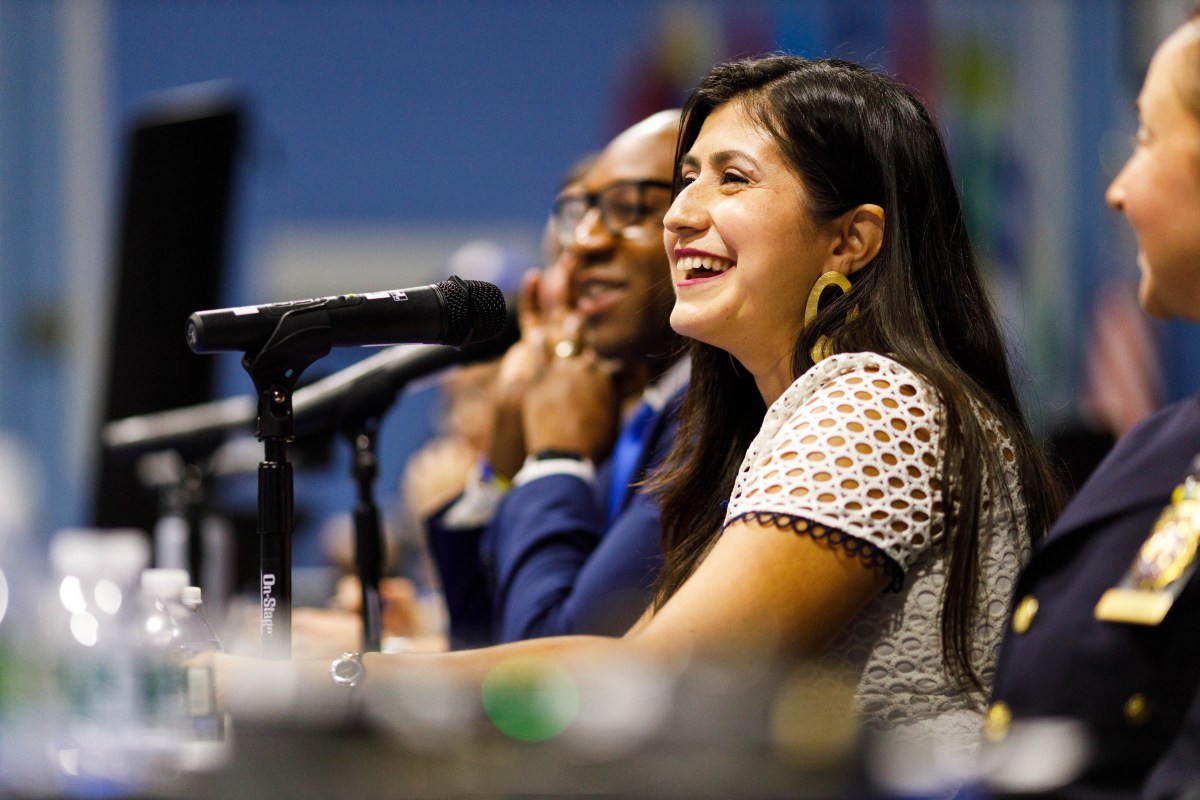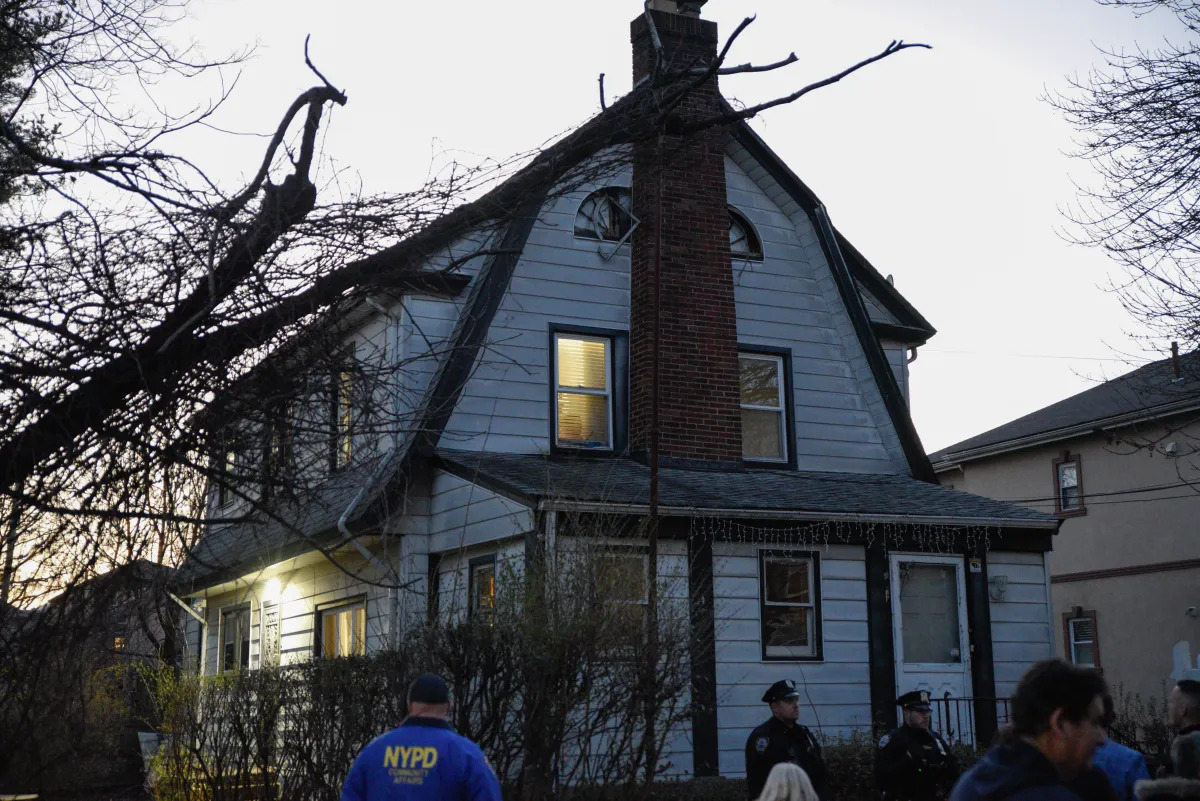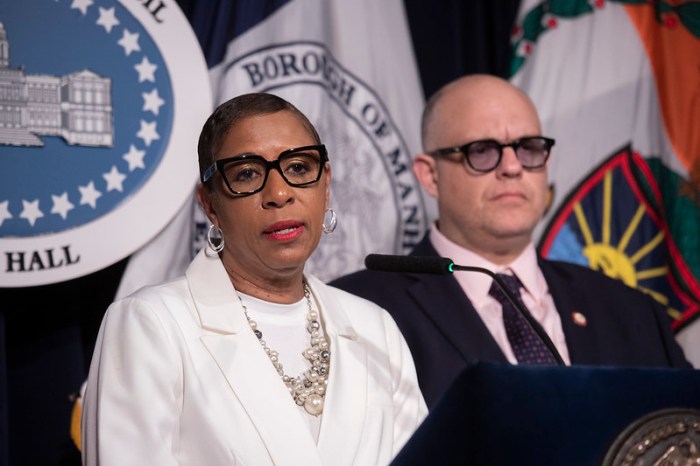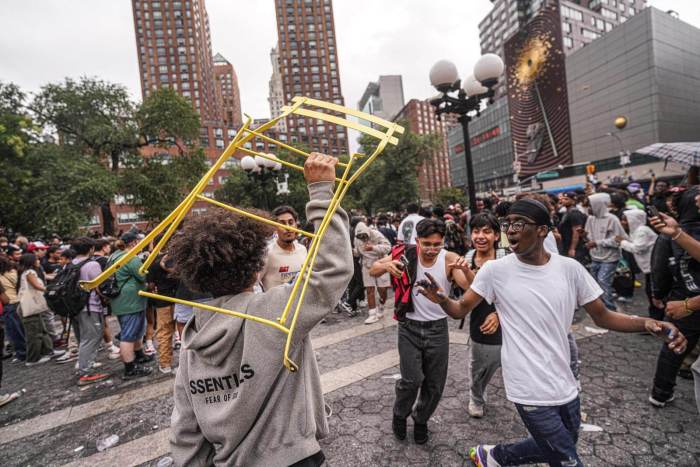
City council candidates in Texas Bruce MacNair and Bryan Studer did it.
It made international news when Marvic Feraren and Boyet Py did in the Philippines in May.
Mayoral hopefuls David DeLeshe and Lea Torres did it in April. But they had no choice; it’s the law in Illinois, just like it is in England, Canada and many other places.
All these candidates decided elections by a coin toss after tying at the polls. (In England you can also draw straws or flip for the high card.)
That’s what we should do to decide the race for the office of public advocate in New York City. State Sen. Daniel Squadron and City Council member Letitia James are headed to a runoff election next Tuesday, because neither garnered the requisite 40 percent of the vote on primary day earlier this month. So the Board of Election will trot out those machines again to every voting precinct in the city at a cost of at least $13 million. It will be the only citywide runoff held that day, since the Democratic mayoral primary was already decided.
The public advocate position may be the most useless elected office in America. It has a $2-million budget, but no real function, other than to raise the profile of its occupant. Ask Bill de Blasio, who now holds the title. The one clear role of the public advocate under the city charter is to replace the mayor if he or she dies or abdicates. But only temporarily! A special election would decide the real next mayor.
Two million dollars is a lot of money to waste on a meaningless office. Spending $13 million to find someone to put in it is absurd. You can probably hire a teacher or two with lifetime pension benefits for $13 million these days. One hopes, anyway.
If only there were some advocate for the public out there who could find a way . . .
I nominate James and Squadron. If they really want to advocate for the public, they can save taxpayers money right now. It could be historic. They could meet on the steps of City Hall. Mayor Michael Bloomberg could toss the coin.
Squadron and James would get more thanks from the city in a single day than they would in four years in a useless office.
William F. B. O’Reilly is a Newsday columnist and a Republican political consultant.

















